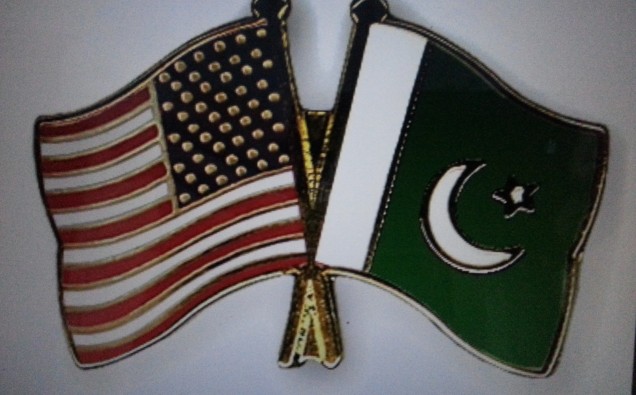
Senator John McCain, who heads the Senate Armed Services Committee, has emphasized the United States and Pakistan have a fundamentally important relationship, and the emergence of ISIS security threat in Afghanistan has further heightened the significance of cooperative ties.
The seasoned lawmaker and former presidential candidate, who will soon lead a Republican delegation’s visit to Pakistan, also supported the idea of a permanent US military deployment in Pakistan’s western neighbor Afghanistan, according to an Dunya’s News TV report based on interview with McCain.
He also faulted some of US policies for the troubles plaguing Afghanistan’s search for peace and stability.
McCain’s visit to Pakistan takes palce in the midst of US election year when the US and Pakistan are seeking to improve the bilateral relationship, considered key to regional stability.
Recently, McCain had a meeting with former Pakistani president Asif Ali Zardari in Los Angeles last week. During the meeting Zardari highlighted the importance of US support for Pakistan’s counterterrorism campaign, including the need for F-16 fighter jets that he said helps Pakistan combat terrorists hiding in tribal territories along the Afghan border.
Pakistan’s Foreign Ministry on Thursday said it is open to negotiations on a deal with the United States on the purchase of F-16 fighter aircraft.
Currently, Republicans control the House of Representative and some key GOP leaders wielding influence on the Capitol Hill opposed subsidizing sale of eight latest all-weather F-16 fighter jets to Pakistan in May. The lawmakers opposing the subsidized deal cited differences and concern over some of Pakistan’s policies including those related to Afghanistan, and said Islamabad had not done enough to eliminate terrorists including the Haqqani network operating in the region.As agreed previously, under the $ 700 million deal Pakistan was to pay $ 270 million while rest of the amount had to be paid from US foreign military financing program. Following Congressional objections, the US Administration asked Islamabad to make full payment for the purchase of fighter planes. Pakistan refused to accept any conditions on the deal.
Pakistan, for its part, says it has launched a series of effective counterterrorism operations and wiped out terrorists operating in North Waziristan, and that the fight against terror has cost it much in terms of loss of life and treasure in the face of terrorist bombings and retaliatory attacks.
Islamabad says its use of F-16 fighter planes has been helpful in targeting militant hideouts and strongholds on its side of the border.
The United States still maintains 9,500 troops in Afghanistan, where a spate of factors including Afghan political instability, rampant corruption, professional incompetence of the Afghan security forces, a growling lack of international interest, and a surprisingly fierce Afghan Taliban insurgency has halted plans for American military draw down from the conflict-torn country.





![Senator John McCain Photo: By United States Congress (United States Senator John McCain Facebook page) [Public domain], via Wikimedia Commons](https://www.viewsnews.net/wp-content/uploads/2016/06/John_McCain_official_portrait_2009-237x300.jpg)









